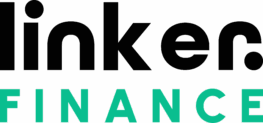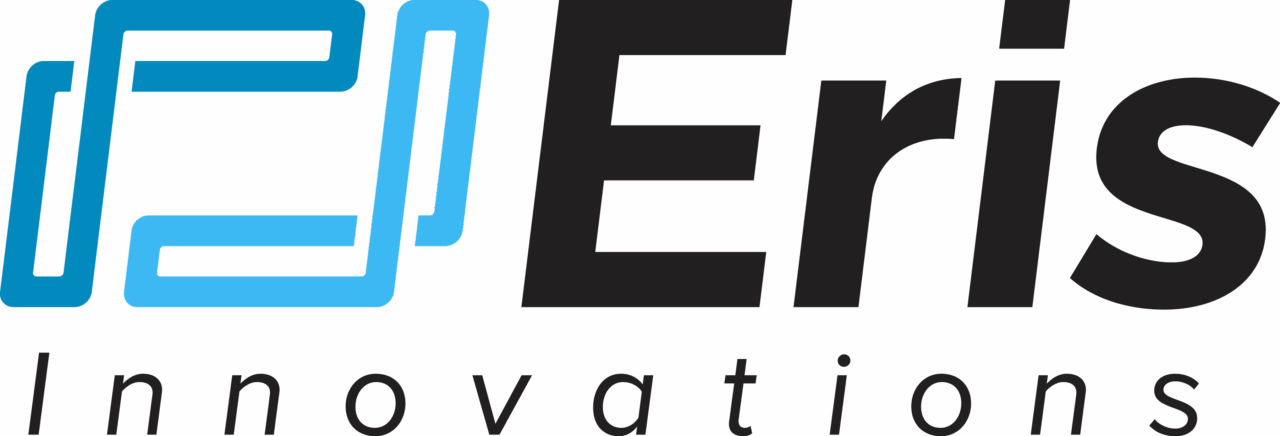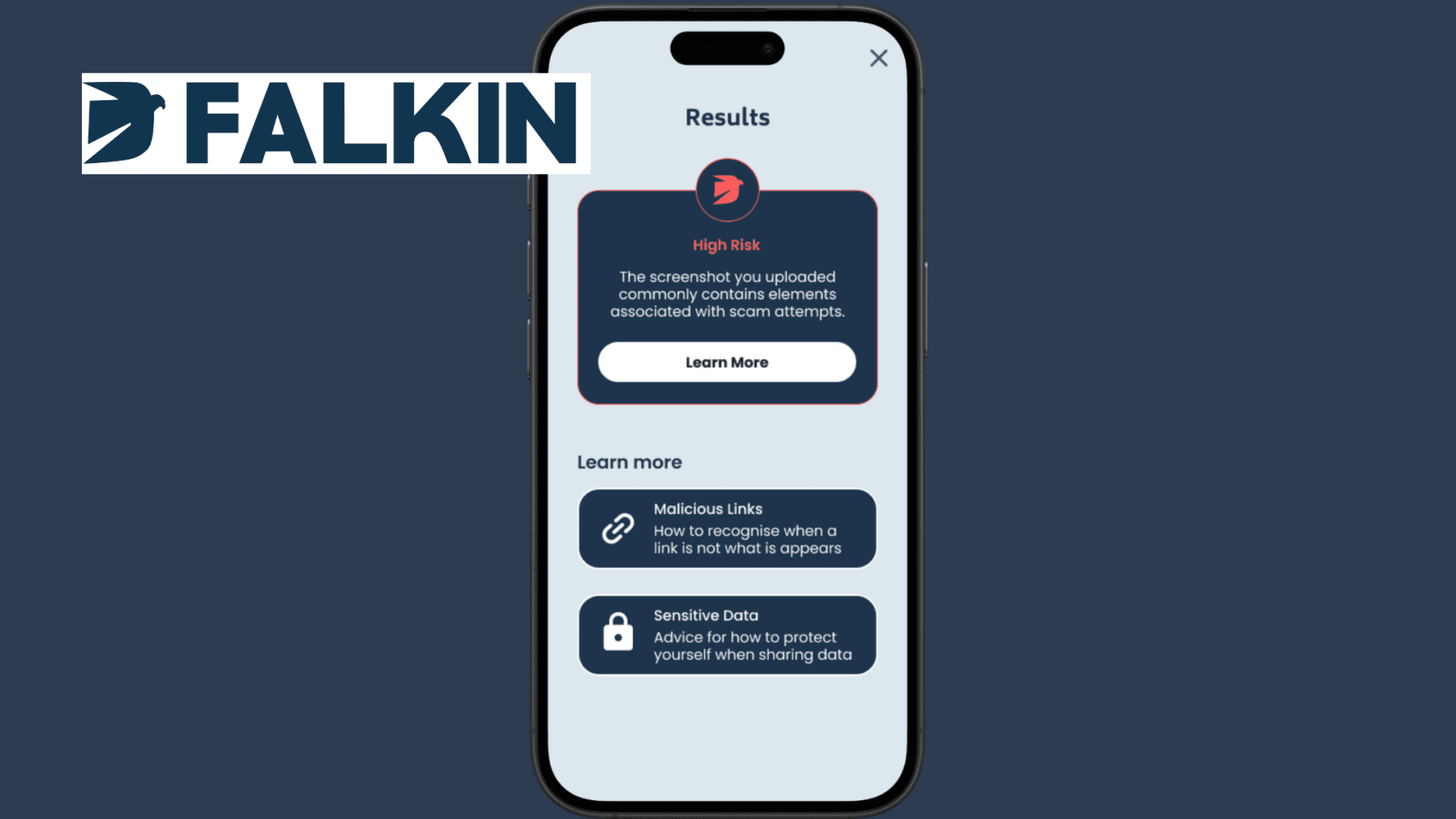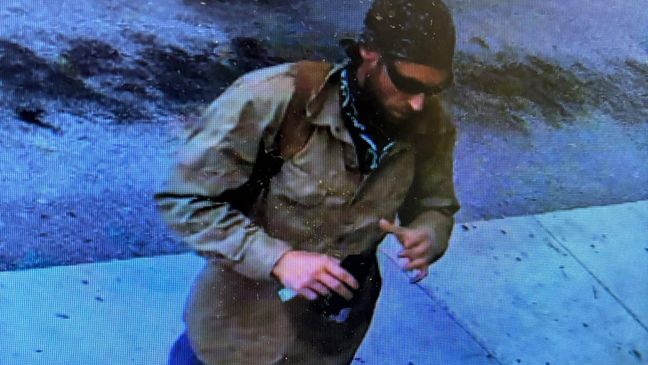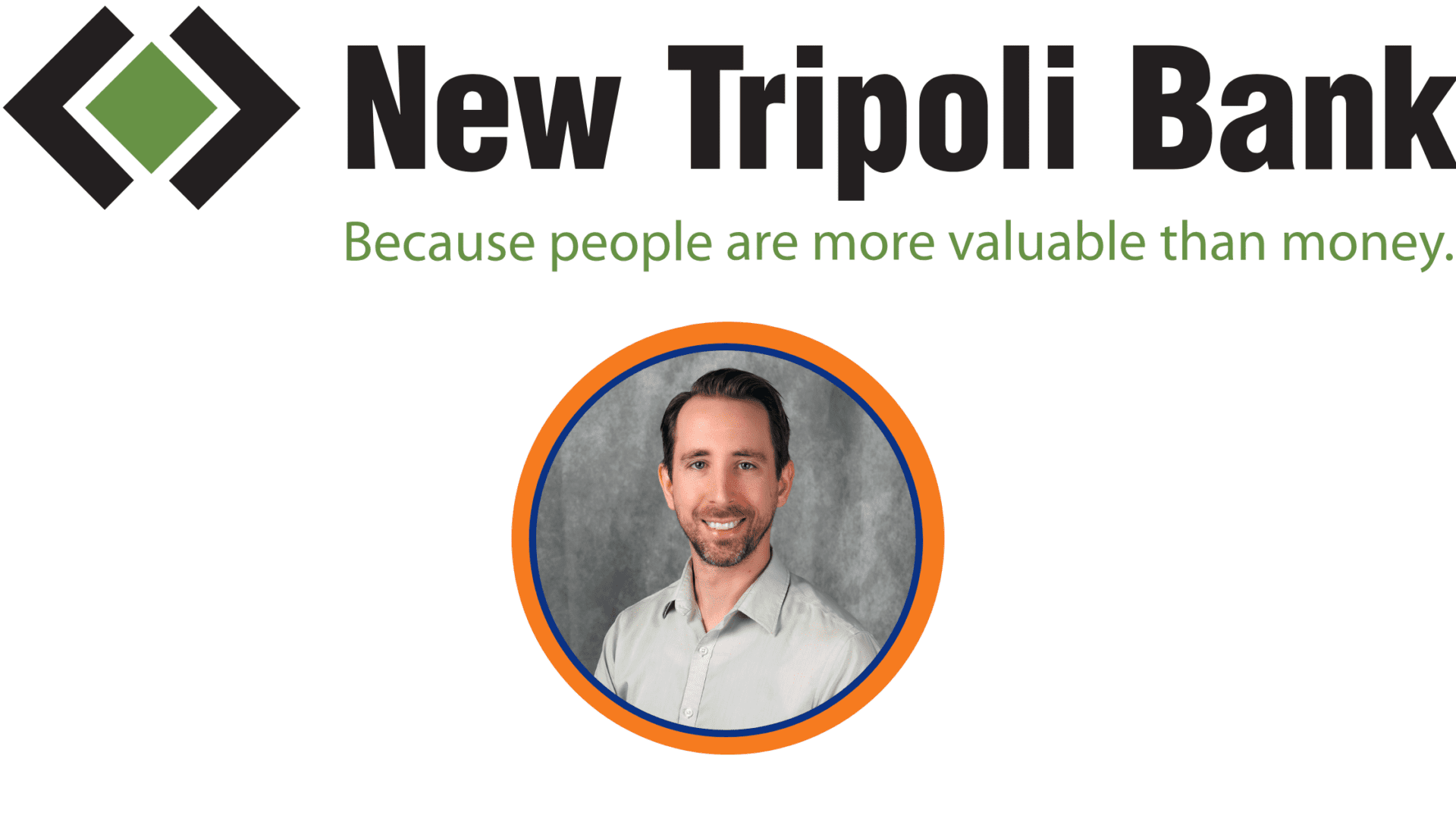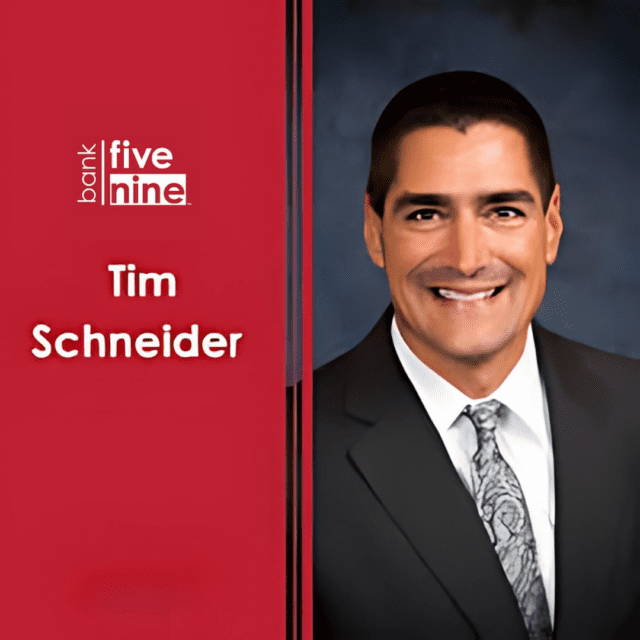Founder and CEO of San Diego’s Endeavor Bank, Dan Yates’ entrepreneurial spirit was evident early on when, at just eight years old, he turned his family’s backyard fruit trees into a profitable business. “If I picked it before it fell to the ground and went door to door, people couldn’t say ‘No’ to a cute eight-year-old,” he recalls. This small venture set the stage for Yates’ lifelong passion for independence and business.
His career arc and influence are multifaceted, leading Banking+ to present his story in two parts. The first is here; the second installment will run the week of Sept. 30.
Discovering a Passion for Banking
Despite Yates’ early entrepreneurial success, he initially found himself unsure of his future. After college, he joined a bank’s management training program where he was exposed to hundreds of small business owners. He hoped to learn from these business owners and potentially acquire one of these client’s businesses if the owner was looking to exit. To his surprise, banking grew on him. “I really liked the business of banking,” Yates admits, even though it wasn’t his intention to ever make banking a long–term career choice.
During his early years, he was thrown into the deep end, managing a book of business in the fast-paced apparel industry at Manufacturers Bank. “They were reinventing their companies every 90 days with each season’s new clothing fashions,” Yates says, describing the intensity of his role. However, after four years, the stress of managing hundreds of clients that pushed their stress onto their bankers, took a toll. “I realized something had to change as doctors were recommending medication to handle the high stress work environment. If I needed medication to be a banker, I knew I was in the wrong place.”
Union Bank: A Turning Point
Yates made a pivotal move to Union Bank, where he developed a new skill: sales. “I had never thought about sales as a skill I needed,” he admits. He soon devised a data mining strategy to target highly successful, well capitalized companies and found success, even winning an area marketing award. However, when he discovered his boss was taking credit for his work, Yates knew it was time to move on. “Leaving Union Bank was one of the most important decisions of my career,” he reflects.
Mentorship and Starting His Own Bank
Yates spent 12 years at 1st Business Bank, where he learned the intricacies of starting and running a bank from the four top executives that founded the bank. His mentors taught him everything about starting and leading a high performing bank, but with one condition: “I was asked not to start my own bank until they retired and in exchange they delivered the playbook.”
Yates’ Difficult Decision: Family or Career
When 1st Business Bank was sold, Yates faced a difficult decision. He chose to prioritize his family, leaving behind a successful career in Los Angeles to moved back to his hometown of San Diego where he grew up. But his entrepreneurial drive wasn’t extinguished. After a persistent call from Ed Carpenter, a prominent investment banker, Yates partnered with a seasoned banking veteran from the Pacific Northwest, Tom Young, to launch Regents Bank. Yates had one unconditional term that Tom agreed to at the time, which was to create a legacy and never sell the bank. On that handshake agreement they moved ahead with starting a privately held bank with Tom as the majority owner.
The Challenges of Launching Regents Bank
The Impact of 9/11 on Regents Bank
Regents Bank faced an unprecedented challenge: its scheduled opening day coincided with the tragic events of September 11, 2001. “We were supposed to open on September 11,” Yates recalls. Despite the initial shock and uncertainty, Regents Bank was forced to delay its opening until the FDIC and other Government offices reopened a few days after 9/11. It was not an ideal time to be calling on business owners to move their banking relationship to a new bank. Despite the difficult environment to start the bank, Yates and his team persevered and ended the first year as the fastest-growing bank in San Diego’s history.
The Success of Regents Bank
Regents enjoyed a 12–year successful history growing to over $600 Million in assets but at the end of its run, Tom wanted to sell the bank and as majority owner his vote mattered the most.
The Sale of Regents Bank
A deal was made for Grandpoint Capital, a private equity firm based in Los Angeles, to acquire Regents Bank and for Dan to return to Los Aneles and become the President of its largest subsidiary, Grandpoint Bank. During Dan’s time with Grandpoint several community banks, including Regents Bank, were acquired and merged into Grandpoint Bank. This offered Dan the experience of merging many different banking cultures into one institution.
Revitalizing Neighborhood National Bank
Dan eventually returned once again to San Diego this time to lead a problem banking institution, Neighborhood National Bank, back to health. The bank had been operating under a consent order for many years. During Dan’s four years as CEO, he helped restore asset quality and raised capital by selling the bank to a group of investors.
Launching Endeavor Bank
A Community-Driven Approach
Dan then started his second local bank, Endeavor Bank. This time, however, Dan elected to not form another privately held bank but rather invited the local business community to become shareholders and then to list the stock on the OTC. More than 600 local business owners now own the stock and much of the bank’s growth comes from its shareholder base. Now just over 6 years old, the bank has over $600 Million in assets and is one of fastest growing new banks in the nation. Endeavor Bank was the first new banking charter in San Diego in over a decade and only the second new bank charter in California when it launched.
The Ideal Business Partner
Yates defines his ideal client as a privately held company in Southern California with revenue between $5 million and $100 million. More importantly, he seeks business owners who are open to receiving sage advice and view banking as a relationship with trusted advisors. “We’re not interested in clients who think they have all the answers and view a bank as just a vendor for loans and products,” Yates says. Instead, he looks for business clients who want a banker to “dig into their business and help the company’s management team solve strategic and operational issues they seek help in solving.”
The Importance of Empathy in Banking
For Yates, the true reward in banking comes from helping businesses grow and thrive by serving as a trusted resource sharing skills, ideas, and making key introductions to other professionals that can help business owners achieve their goals. “There’s nothing more enjoyable than helping a company find a solution to a key issue, developing suggestions and finding solutions to issues that all lead to help a business grow and thrive. Just knowing that something I did or my team did has played a key role in a company’s success is very gratifying,” he says. His approach emphasizes empathy in banking, building trust with business owners so they feel comfortable sharing their challenges. “Once trust is established, clients will share their top concerns,” he explains, allowing the bank to offer meaningful support.
Mentoring the Next Generation of Bankers
Yates is passionate about preparing the next generation of bankers. His bank’s training program combines technical underwriting skills with emotional intelligence training, ensuring that new bankers are well-equipped to build relationships with clients. “We accompany our new generation of bankers on calls to prospective and current clients,” Yates says, underscoring and modeling a hands-on approach that Dan and his longtime colleague, Steve Sefton, the Bank’s President, have both employed in their long careers.
Yates’ Advice for Aspiring Bankers
Reflecting on his career, Yates offers a piece of advice to his younger self: “Relax more and focus on work/life balance.” Early in his career, Yates was solely focused on work, but he has since learned the value of delegating and trusting his team. “I’ve learned to trust people, delegate, and empower them to make decisions. It‘s important to give others the ability to make wrong decisions as can sometimes happen. Most of us learn from these lessons and we become more experienced and skilled bankers as a result.”
Honoring Brandon’s Legacy: Raising Awareness for Mental Health & Addiction
Yates has also faced personal tragedy with the loss of his son, Brandon, who struggled with addiction and mental illness. Ultimately Brandon was tragically murdered by someone who was also dealing with mental illness. Today, Yates uses his broad–based business network to raise awareness of issues that make it difficult for those struggling with addiction, mental illness and homelessness to find the support they need. “I can’t bring my son back, but I can honor his life by helping to identify solutions and resources to serve the many thousands of other young people in our community that face similar struggles that Brandon dealt with during his life,” he says.
Investing in Your Community: The Benefits of Broad-Based Ownership
Despite the pressures of modern banking, Yates remains a strong advocate for community banks. He frequently advises other bankers to consider starting their own institutions, emphasizing the importance of building a broad base of shareholders. “The community banking industry is an endangered industry but there is no reason we need to head towards extinction like the dinosaurs,” Yates insists. His passion for banking goes beyond profits—he wants to leave a lasting legacy by fostering relationships and building a strong community through his work.
In Yates’ view, banking is about more than just managing money; it’s about making a meaningful difference in the lives of business owners and the communities they serve.
Part 2 of Dan Yates’ Professional Profile, Redefining Banking: Dan Yates and Endeavor Bank Combine Business Consulting and Peer Groups with Financial Services.
Don’t forget to subscribe to our newsletter and follow us on LinkedIn to get banking news updates!






